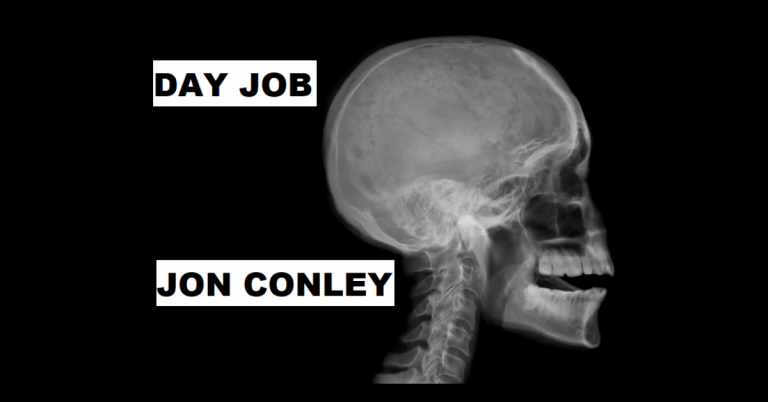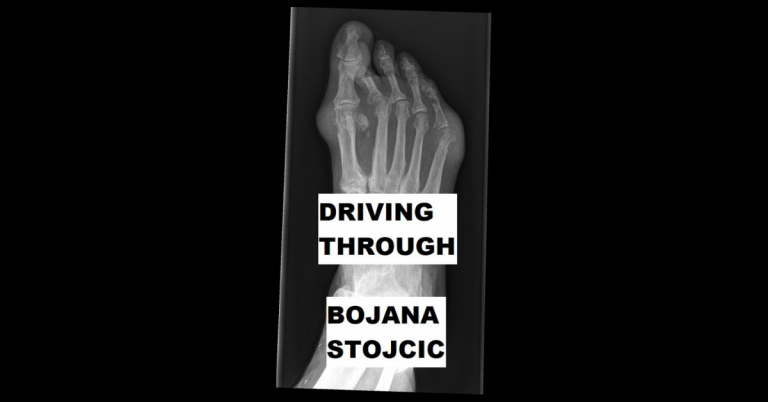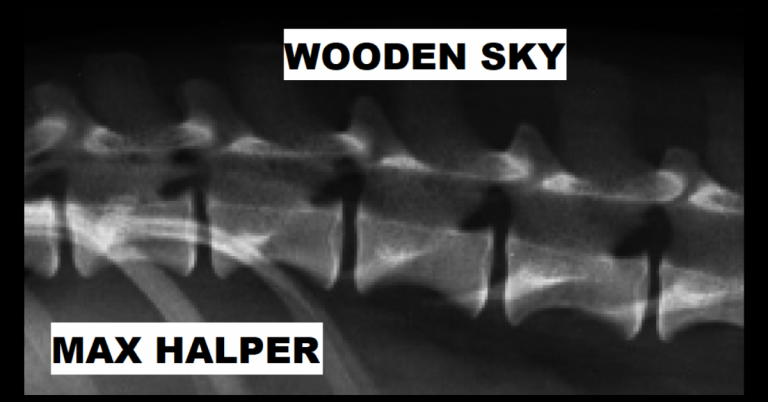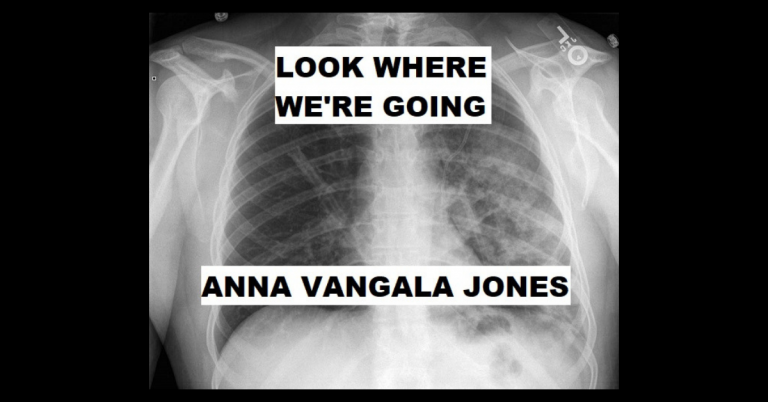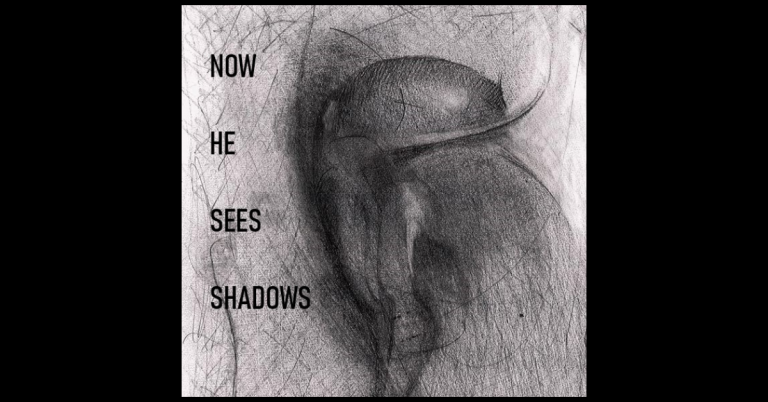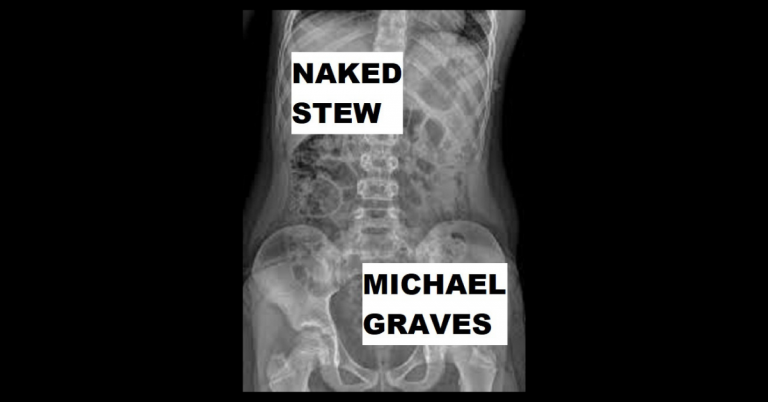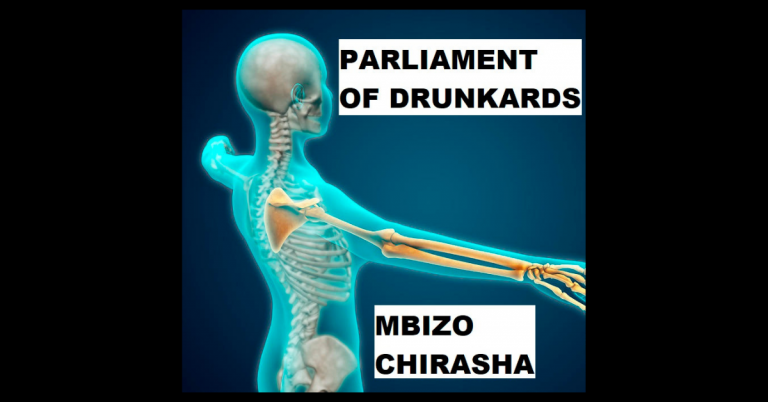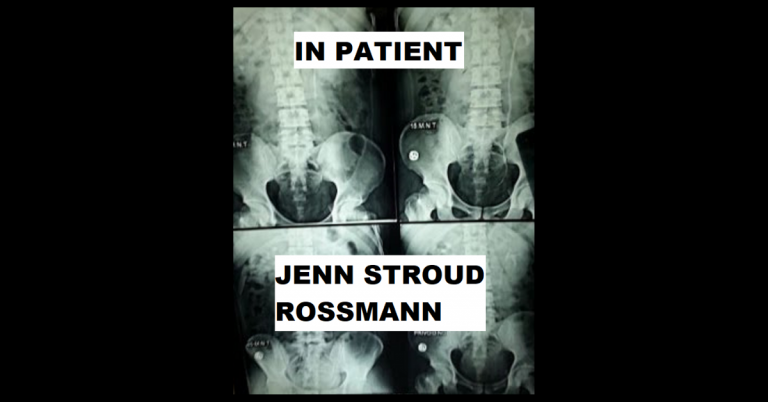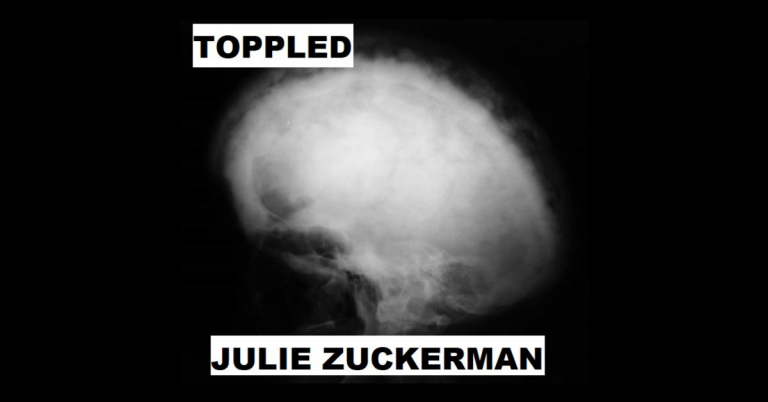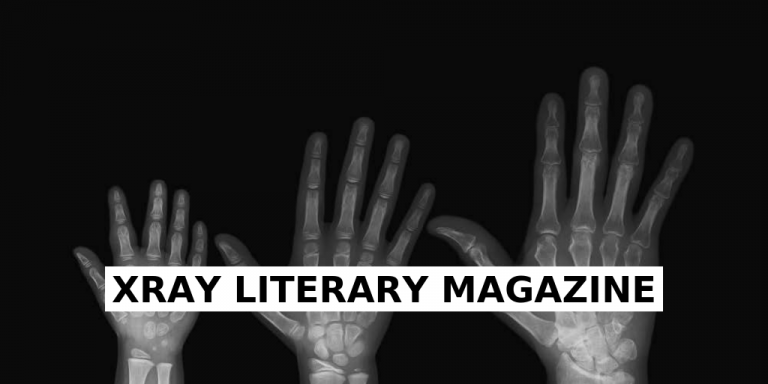“Painting has been real eye opening for me. I mean, now I see shadows.”
-George W. Bush
I wanted to serve as an advisor to President Bush and his cabinet. I was 60 and had no qualifications. It would have taken years to move through academia and politics before I had even a remote chance of gaining access, so I decided to go the military route. I’d become a soldier. A soldier of art. When I reached the president and the cabinet all I wanted was to show them a bunch of my favorite books, movies, music and art and hang out with all of them, watch and read stuff and talk, because I believe in the transformative power of art. If Bush, Rumsfeld, Rice, Cheney and Powell could learn to appreciate painting and fiction and films, especially low budget 1950’s and ‘60’s horror and science fiction and metaphysical noir thrillers (things like Figures in a Landscape or Vanishing Point or even Who’ll Stop the Rain or El Topo or Kiss Me Deadly or Not of This Earth) it would be impossible for them to carry out misguided or malevolent policies and pointless wars.
I was the manager of a movie rental store and too old to enlist. My previous employment was in Mental Health (Art Therapy) and teaching (English as a Second Language). I was and am reasonably fit from walking and climbing, but hate competitive athletics and sports/military culture. I was a Conscientious Objector during Viet Nam and oppose our foreign policy in the Middle East. I read constantly but I am not an academic. I have poor study skills and barely earned a B.A. I’m obsessed with art: painting, books, movies and music. Some of my favorite writers are Fernando Pessoa, Jorge Luis Borges and Raymond Roussel, Flannery O’Conner, Robert Stone, Elizabeth Hardwick, Ben Lerner, Leslie Scalapino; Some of the musicians are Robert Johnson, Tom Waits, Bernard Herrmann, Brian Eno and Arcade Fire; or painters like H.C. Westerman, Pieter Brueghel, Henry Darger, Philip Guston, Charles Burns, Art Spiegelman, Charles Birchfield, Ed Valentine and Fred Valentine, Manuel Ocampo, Shusaku Arakawa; or filmmakers : David Lynch, Guy Madden, Maya Duran, Fritz Lang, Orson Welles, Steve DeJarnett (Miracle Mile), and Fred Wilcox (Forbidden Planet). Besides watching movies or reading or seeing and talking about art and drawing and writing my idea of fun is being left alone with a sketchbook, a notebook, some papermate black medium point pens and a thermos of dark coffee.
But I wanted to be a soldier. It had a lot to do with reading Robert Heinlein as a kid. I grew up devouring his stories of skinny, unpromising kids who find they have a special talent for combat, boxing, martial arts, flying planes, leadership, tolerance for pain or grace under fire. I believed I was meant to be one of these boys or men, and decided it must be true because this belief persisted in the complete absence of any supporting facts or experiences. For example, I discovered on the playground that I was not a natural leader, and never would be. I was not tough. I did not win the respect of my teammates and teachers through sheer spunk, grit and will. I was not the favorite of toughened war vet teachers or stern martial arts instructors because of my great determination and spirit. I was never in a fist fight, or later, a fire fight. I did not have a natural talent for shooting guns, or breaking them down and reassembling them in the dark. In the rain. I joined the Boy Scouts, but never advanced beyond Tenderfoot and quit after 4 months. (I never learned the correct way to tie my scout kerchief). I took up Karate, Judo, Tai Chi, Tai Kwon Do and Aikido but quickly dropped them because of my lack of coordination, panicked resistance to building physical memory and jumpy aversion to discomfort, let alone pain.
So I worked out really hard (High Intensity Interval Turbulence Training), dyed my white hair brown, and paid the kid across the street to make me a fake ID. I managed to squeeze into the National Guard, and then the Regulars. (The recruiting offices had quotas to fill so they were far less discriminating than usual). A female soldier I was close to that likes guns and fighting practiced with me, which helped a little. Real Basic Training was very difficult, not only because of my age but also my lack of coordination, panicked resistance to building physical memory and jumpy aversion to discomfort, let alone pain. Even harder was the lack of privacy. The only time I was left alone for three or four hours with a notebook, sketchbook, black papermate medium point pens and a canteen of coffee was after lights out, and by then I was too tired to draw or write anything. And like in Elementary, Jr. High and High School I was not tough, or a natural leader or a favorite of my platoon. They had only disdain for my jumpy aversion to discomfort let alone pain and my lack of coordination. The guy on the bunk above me said his favorite movie was Starship Troopers, directed by Paul Verhoeven, based on the Heinlein novel. I was immediately relieved, but as we talked, I realized he didn’t think it was an ironic critique of fascist science fiction action films disguised as a fascist science fiction action film at all, but was actually just a science fiction action film, critiquing lazy civilians and intelligent bugs.
“But the officers’ uniforms look just like the Nazis,” I said. His reply: “Have you looked at our helmets lately, dude?”
Because of my writing and art background my female soldier friend thought I’d be a natural for Officer’s Training, or a Psy Ops specialization that would take me off the field, where I seemed to be mostly useless. From a distance I sort of resembled a soldier. But like the Boy Scouts, I couldn’t wait to go inside and be left alone for three or four hours with a notebook, a sketch book, some black medium point papermate pens and dark coffee.
The Specialist tests were difficult. My panicked resistance to building physical memory made me slow at the keyboard. My poor study skills had me scoring too low to even join the C.O.’s secretarial pool.
But the female soldier, now Sgt. Marie Falcone (my girlfriend in art school until she dropped out to join the military) was eager to help. Like I have all my life, I’d rather hang out with girls and women than boys and men. Sex seemed to be the one physical, collaborative activity that I am “good at,” that I can find myself in doing. In basic we did extra field practice off hours with a variety of knives, semi-automatic weapons and grenades. She was an excellent hand-to hand combat teacher, due to her infinite patience and slow, reassuring hand movements. Even when she was simulating breaking my back or crushing my thorax in slow motion (maybe especially then!) I felt a safety and acceptance that eluded me in the barracks with the guys. And one of her favorite movies was Dark City! She’d read the P.O.W. literature, (especially James Stockdale, Epictetus and the stoics) and had wilderness survival and training in S.E.R.E. (Survival, Evasion Resistance and Escape). She could munch on maggots like they were M&M’s. What a great girlfriend!
Later, (and with some doctoring of records by Sgt. Falcone) I managed to pass my exams and combat training requirements. Because of my background as an Art Therapist I was reclassified with a GS-15 in Psychological Evaluations of returning troops. This involved asking soldiers to draw a house, tree and person. Many of the soldiers were on stop loss before rotation back to active duty, and I was to be alert to trees without leaves, and houses on treads. One of the soldiers I interviewed drew a tree on treads, and a house on fire. He wanted a Hor de Combat (or deKON ba – “out of the fight “) ruling. I told him to take the treads off the tree and the fire off the house. He got the ruling. I realized that in my position I could help other soldiers in the same way, especially older ones who had already done multiple tours in Iraq or Afghanistan.
Over the next few months I approved psychiatric exemptions for dozens of stop loss candidates. I found paranoid-schizophrenic diagnostic cues in their projective drawings and tests, and in our private sessions we hung out and talked about, read and watched many movies and books. Another of the soldiers I helped had a father with Washington connections and friends in the Department of Defense. I was offered a posting at the Pentagon as an Intelligence Analyst. I brought along now Captain Falcone as my aide.
Losing my way in the Pentagon came easy because of my panicked resistance to building memory, but Captain Falcone had an excellent sense of direction. We made a good team, and I was recommended for another promotion (with her as my aide). My/Our record reflected a unique melding of combat skills, historical and psychological perspectives and aesthetic sensibility. I was a soldier with fresh ideas. “Not since T.E. Lawrence” sneered a jealous colleague at the Pentagon water cooler as I moved my things out of the small office in the 8th corridor of D Ring to the bigger office in the 7th corridor of C Ring.
From the bigger office we made appointments and prepared reports. I wrote about what I know, and love best: science fiction surreal thriller visionary movies, books and paintings. “It’s like this,” one report began. “It is no accident that Paul Verhoeven is the director of Total Recall and Starship Troopers, the former based on a Philip K. Dick story, and the latter on a novel by Robert Heinlein. The continuum from Heinlein to Dick so perfectly realized in these two films by Verhoeven is the quivering tightrope our foreign policy walks every day.”
I wasn’t able to meet with Cheney but managed to secure time with Donald Rumsfeld, Colin Powell, Condoleezza Rice and the President.
Initially they were puzzled by my recommendations: to view a compilation of selected films, read and discuss a stack of paperback books, and listen to music from CDs. They all complained that they were too busy, but I turned to Donald Rumsfeld and said, “Mr. Secretary, when was the last time that you went to a movie, read a book, heard music or saw art that made you say, ‘that is so cool!’” the Def Sec did a squint and scowl into an acrid middle distance that way that he did; the Secretary of State stood at his side but was set aside, that way that he sat; the National Security Advisor (Condoleezza Rice) crossed her arms and glared, that way that she crossed and glared. I got a tart reminder from Dr. Rice that she is a classically trained pianist, and enjoys Dostoyevsky in the original Russian, facts that I knew already and appreciated. She said that Dostoyevsky’s politics were distinctly conservative, and that if he were alive today, he would surely be a supporter of the president. As she spoke her irises hung very high in her eye sockets, exposing the sclera below, possibly displaying the sanpacu condition of acute spiritual distress. Condoleezza probably had a much finer
artistic sensibility than I do, so my single “arty” claim to distinction among the members of the cabinet seemed kind of worthless. She appeared to sense this and interrogated my dyed brown hair with pitiless sanpacu. I soldiered on.
I struggled to frame the fundamental questions in the right way. The questions that, if at least considered, could promote saner foreign and domestic policies. In so many words: how can you love, really Mozart, and still support this president? Why won’t you all at least try reading Philip K. Dick or Franz Kafka or Bruno Schultz or William Gibson, Kelly Link, George Saunders, Rebecca Solnit, H.P.
Lovecraft, Thomas Ligotti? Mr. Secretary of Defense, for the love of (your) God, sit down with some good buttered popcorn and Diet Rite and watch Eraserhead! Or here, how about David Cronenberg’s They Came from Within or Scanners or Videodrome or Existenz ? Surely all of you must notice the vast world of living art, film, literature, music, performance all around you! Do you think all of this stuff is just, like, marginal weirdness that doesn’t have anything to do with the “real” world, or what?
The Secretary of Defense watched me. There was a snap to his voice like those little semaphore flags in the wind. In a tight, tart voice he reminded me that throughout history culture has been one thing, and politics another; that the Nazis loved Wagner, that the Greeks butchered the Melians. He sure knew his history. And of course, he was a real soldier and I was a fraud. But the question remained: if they were so smart, what were they doing doing what they were doing?
On a personal level the President seemed like an OK guy. I felt dizzy with the disconnect. Clearly his niceguyness did not translate into nice, even sane, leadership. I discussed with him as best I could the worlds of culture that surrounded the White House like a great strange sea. “It’s a science fiction/thriller/surreal world, Mr. President,” I said. I talked for a long time about how it feels to really love certain books, poems, paintings. He listened politely and then he said preferred TV, and his favorite book was the Bible. “I appreciate your point of view,” he told me. “But many Americans do not enjoy modern art or space stories. That’s what makes our democracy great. And why the enemies of freedom hate us.”
He didn’t understand, and I don’t understand. Sure, there are creepy people who love Forbidden Planet and Jim Thompson, Ed Wood and William Burroughs, Luis Bunuel and John Ashbery, Edgar Allen Poe and George Pal, Emily Dickinson and Roger Corman, Battlestar Galactica and Things to Come, Denys Wortman, The Day the Earth Stood Still and the music of Harry Partch and Arvo Pärt, and The Clash. But they don’t become the “evil doers,” the right-wing zealots, do they?
